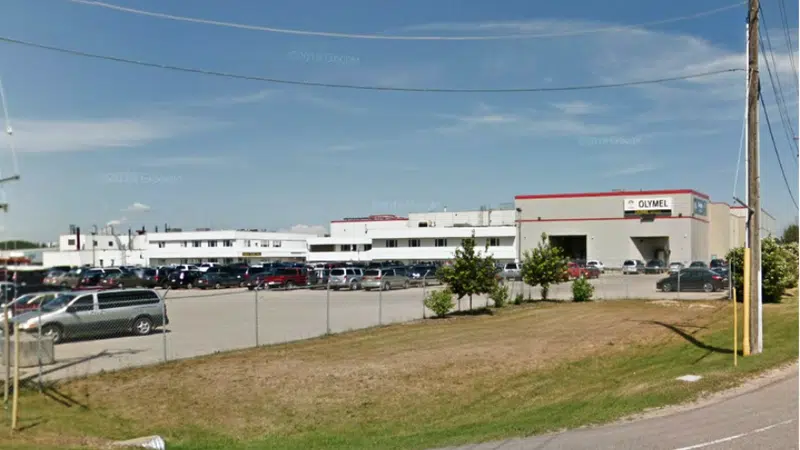
Union seeking two-week shutdown at Red Deer Olymel facility
The union representing workers at the Olymel pork processing plant in Red Deer is seeking a two-week shutdown amid the COVID-19 pandemic, but the company says that’s not an option at this time.
Richard Vigneault, Olymel spokesperson, says UFCW 401 has requested such a measure, but the current situation does not justify it just yet.
“We are taking all precautions recommended by public health authorities in Alberta and at the federal level, because we are at the jurisdiction of the Canadian Food Inspection Agency,” he says. “We are talking every day and cooperating, and the union is cooperating very well with the management of the plant. Lots of measures are being enforced.”
Vigneault says Olymel has hired professionals with health expertise to screen employees when they arrive. Eight portable trailers are also on site to house employees who show up presenting with high temperatures.


